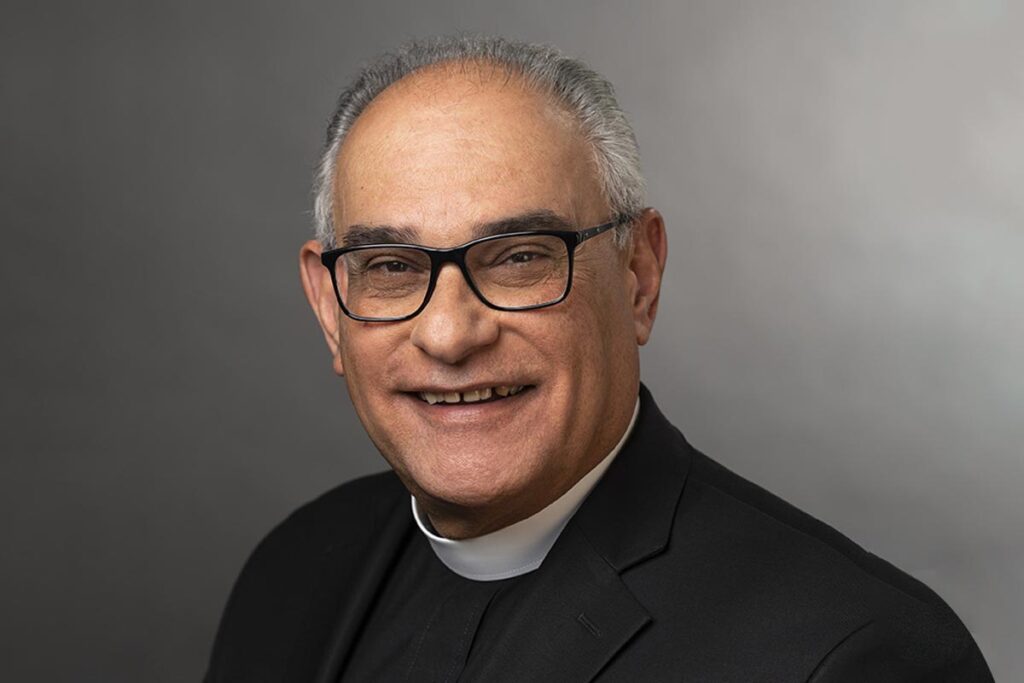Q&A with Rev. Dr. Rafael Malpica Padilla
Damm Chair in Leadership and Director of Latine Ministry and Theology, LSTC

As part of our celebration of Latine Heritage Month, LSTC is proud to highlight the voices and stories of Latine theologians, leaders, and alumni shaping our community and the wider church. Through a series of insightful Q&A features, we explore their personal journeys, cultural influences, and the vital role of faith in their work for justice and inclusion. Join us in honoring the richness of Latine heritage as we engage in meaningful conversations that inspire reflection and action.
Can you share a bit about your cultural identity?
I am a Puerto Rican. Our culture is a blend of three races and their traditions: the original people’s, the Tainos, the European colonizers; Spain, and African, people from the Yoruba Kingdom in today West Africa enslaved by the colonizers. The mix of these races produced mestizos/as and mulatos/as, which in turn led to the criollo/a. Our cultural milieu is diverse and rich, drawing from each of these three races, and distilled, through centuries, into what is a Puerto Rican today. Our language, food, music, dances, are a vivid reminder of this heritage.
What does Latine Heritage Month mean to you personally?
I celebrate my heritage daily and the contributions we, the Latine community, make to this society. As I had said before, these celebrations are cosmetic actions intended to appease the community, while the struggles and needs of the community continue to be ignored or not seriously addressed by the government (either state or federal). One example of that is the need for comprehensive immigration reform.
What do you think seminaries should do to support their Latine constituents?
Seminaries should be in conversation with the Latine community to ascertain what are the leadership needs of the communities and the best way to form these leaders. ELCA seminaries should come together and create a program that will address these needs, whether this is done via the traditional formation programs, such as MDiv or MA, or via the certificate program for TEEMS and SAMs. What should stop is each school trying to create a program by itself as a way to attract students from our community. This is not about institutional development but serving the community.
What’s your favorite cultural dish?
The traditional Puerto Rican Christmas dish: Arroz con gandules, lechon asado, y pasteles
Is there a particular latine tradition that you want to pass down to the next generation?
Yes, “El Dia de los Reyes (the Three Kings Day -the celebration of Epiphany). We kept the tradition with our children, and they with our grandchildren.